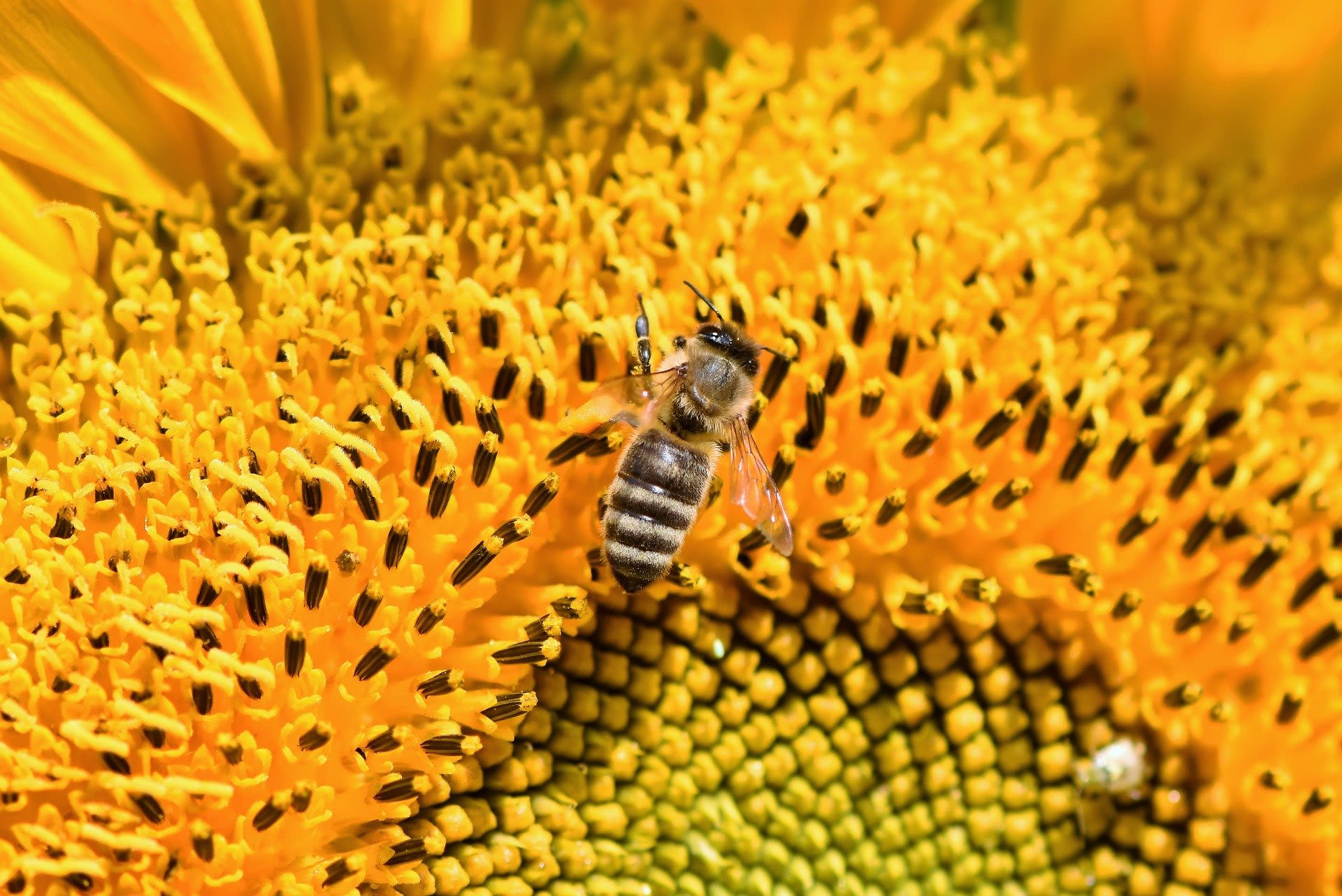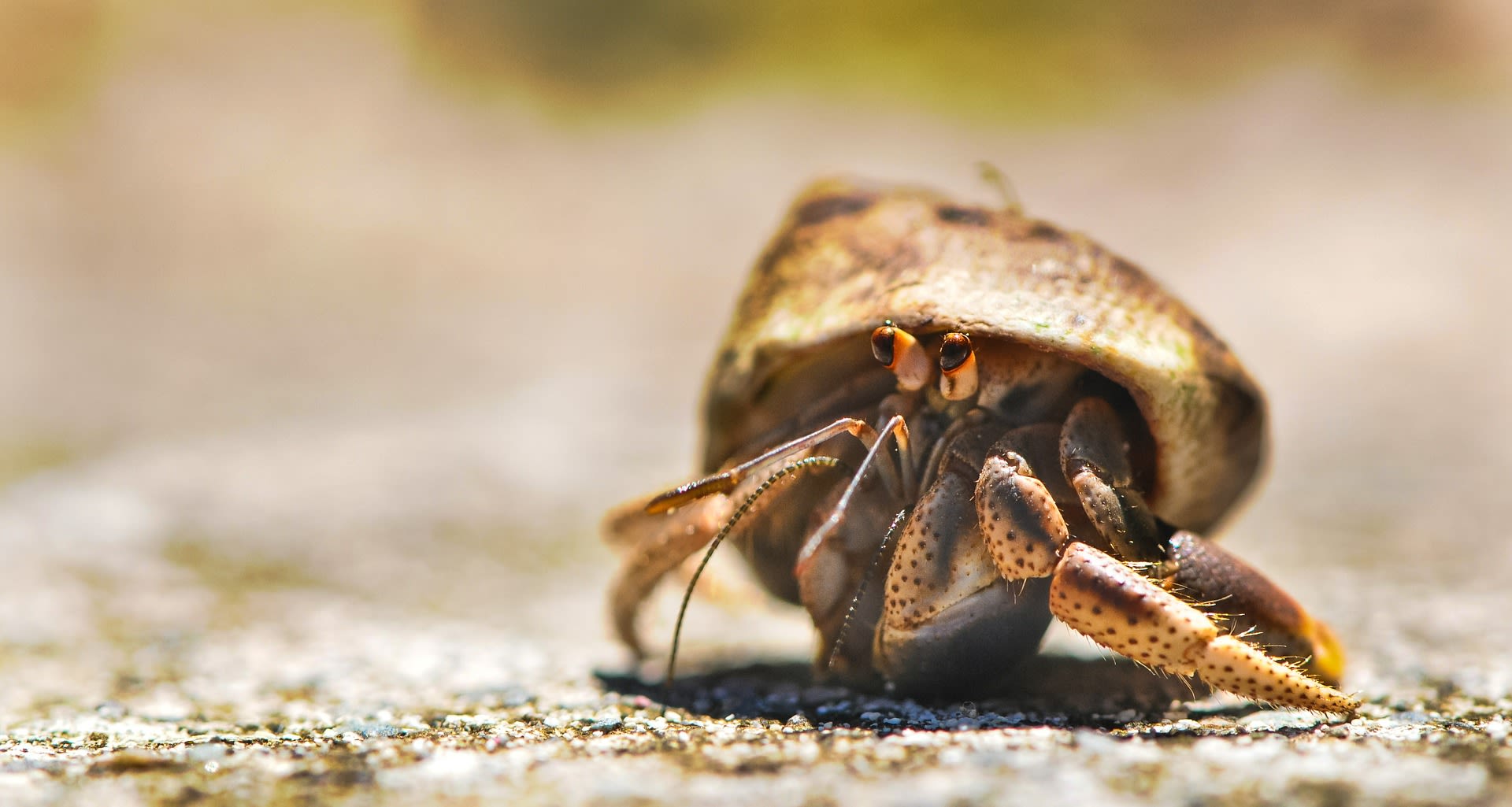Spineless
Can invertebrates suffer and do they deserve the protection of the law?
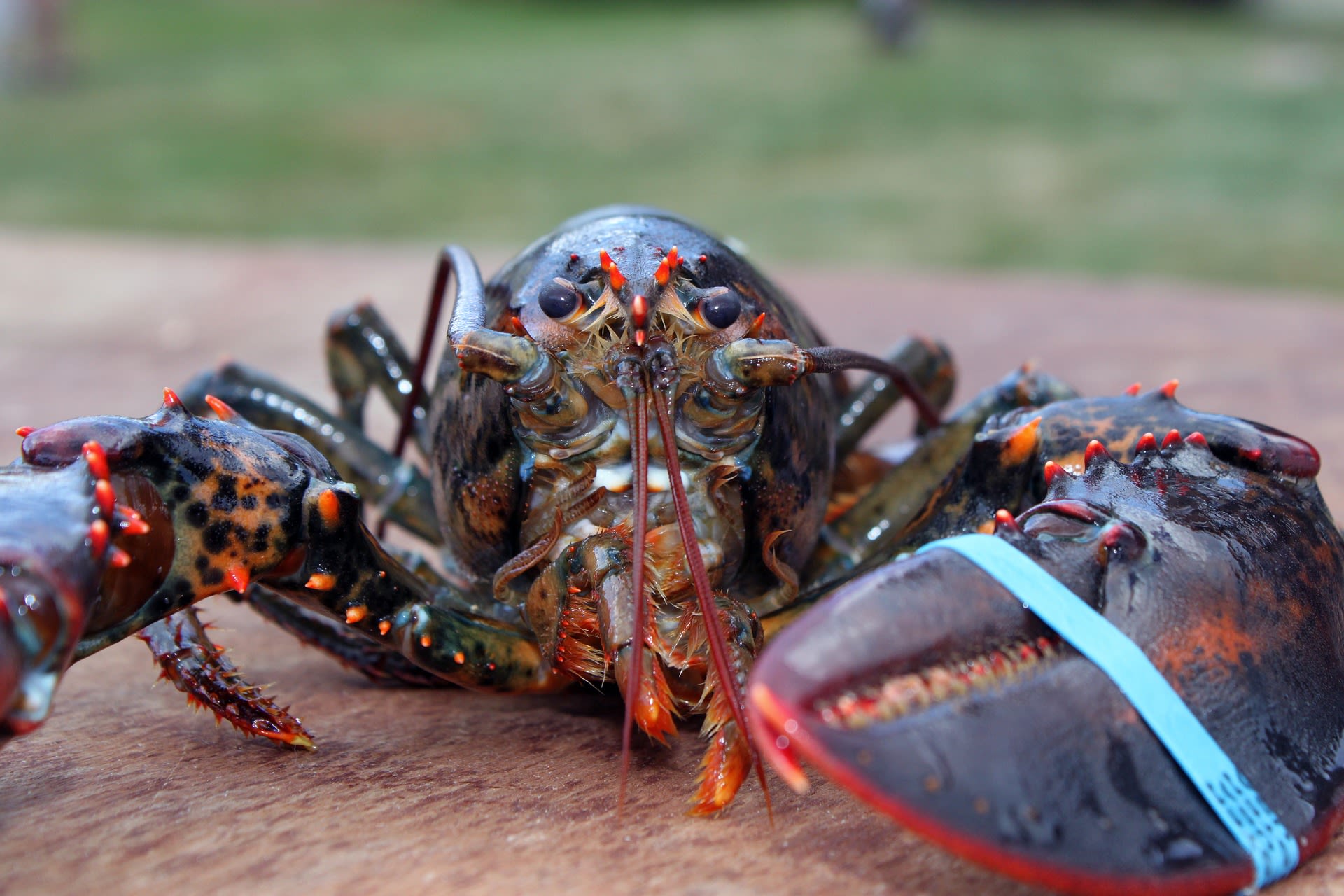
The Animal Sentience Bill
The Animal Sentience Bill may become a landmark piece of legislation. If passed, it will be the first law in the UK to officially recognise animals as sentient beings and require their interests to be factored into policy decisions. Yet curiously the bill defines an animal as “any vertebrate other than homo sapiens.” The invertebrates, who make up ninety nine percent of the planet’s animals, have been left out altogether.
However, this may well change. In July, The Times reported that the government was indeed preparing to proclaim that certain invertebrates were sentient, and include them in the Animal Sentience Bill. The implications of such a move, were it to happen, could be vast.
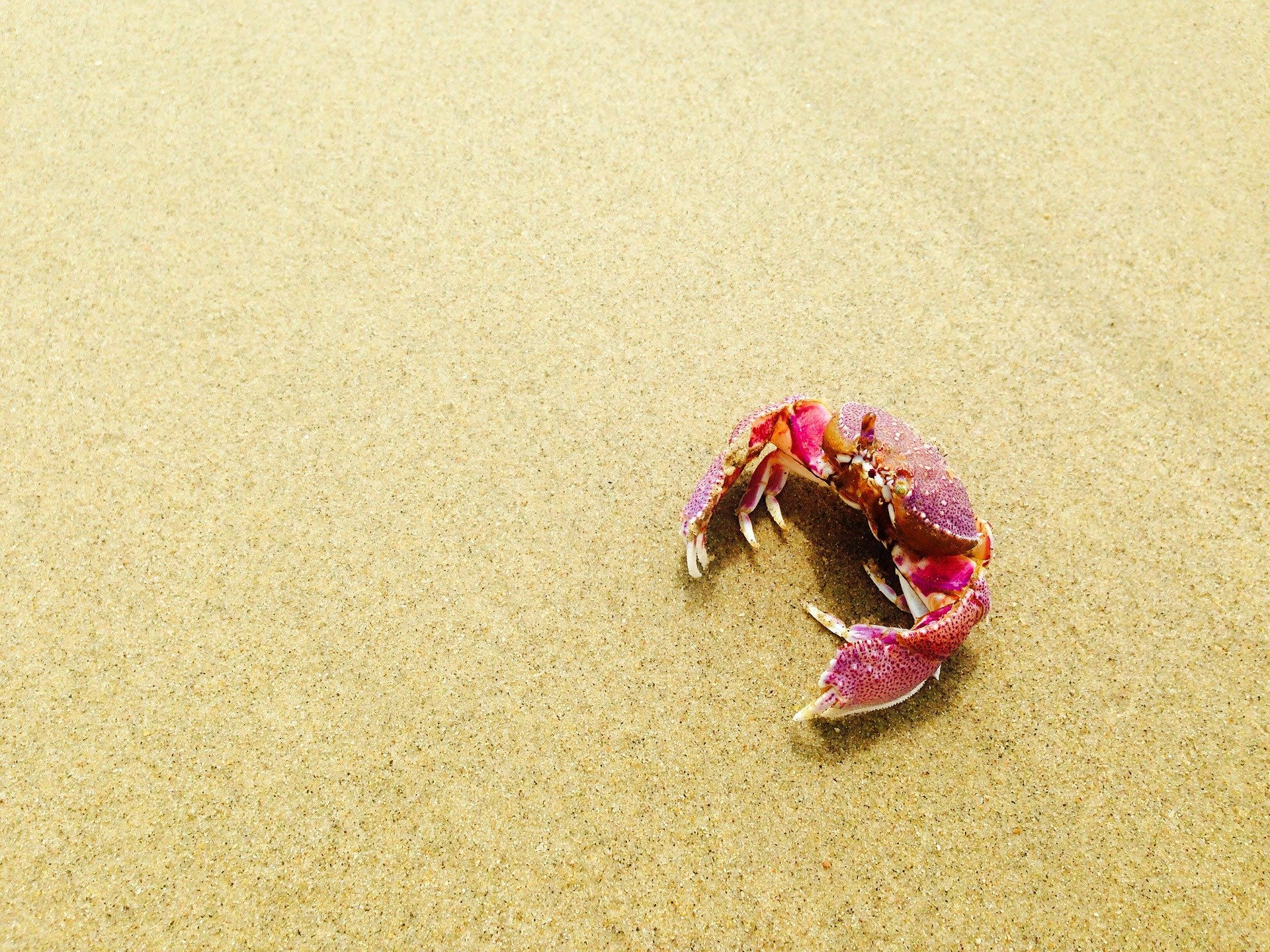
Decapod Crustaceans (crabs and lobsters to you and me) feel pain and fear so let’s make sure they are included in the #sentiencebill being debated HoL now @crab_welfare pic.twitter.com/AJSvGcOlBF
— Deborah Meaden 💙 (@DeborahMeaden) July 20, 2021
Animals have feelings.
— Defra UK (@DefraGovUK) May 13, 2021
The Animal Welfare #SentienceBill will recognise in law that animals have feelings. This is central to improving their welfare.
Read more: https://t.co/x0IL0rp0MR #ActionForAnimals #AnimalSentience pic.twitter.com/TiounHnDuS
My cartoon @TheTimes Thursday on marine cruelty. #SentienceBill #asylumseekers #lobster pic.twitter.com/g6gLs0YI3L
— Peter Brookes (@BrookesTimes) July 8, 2021
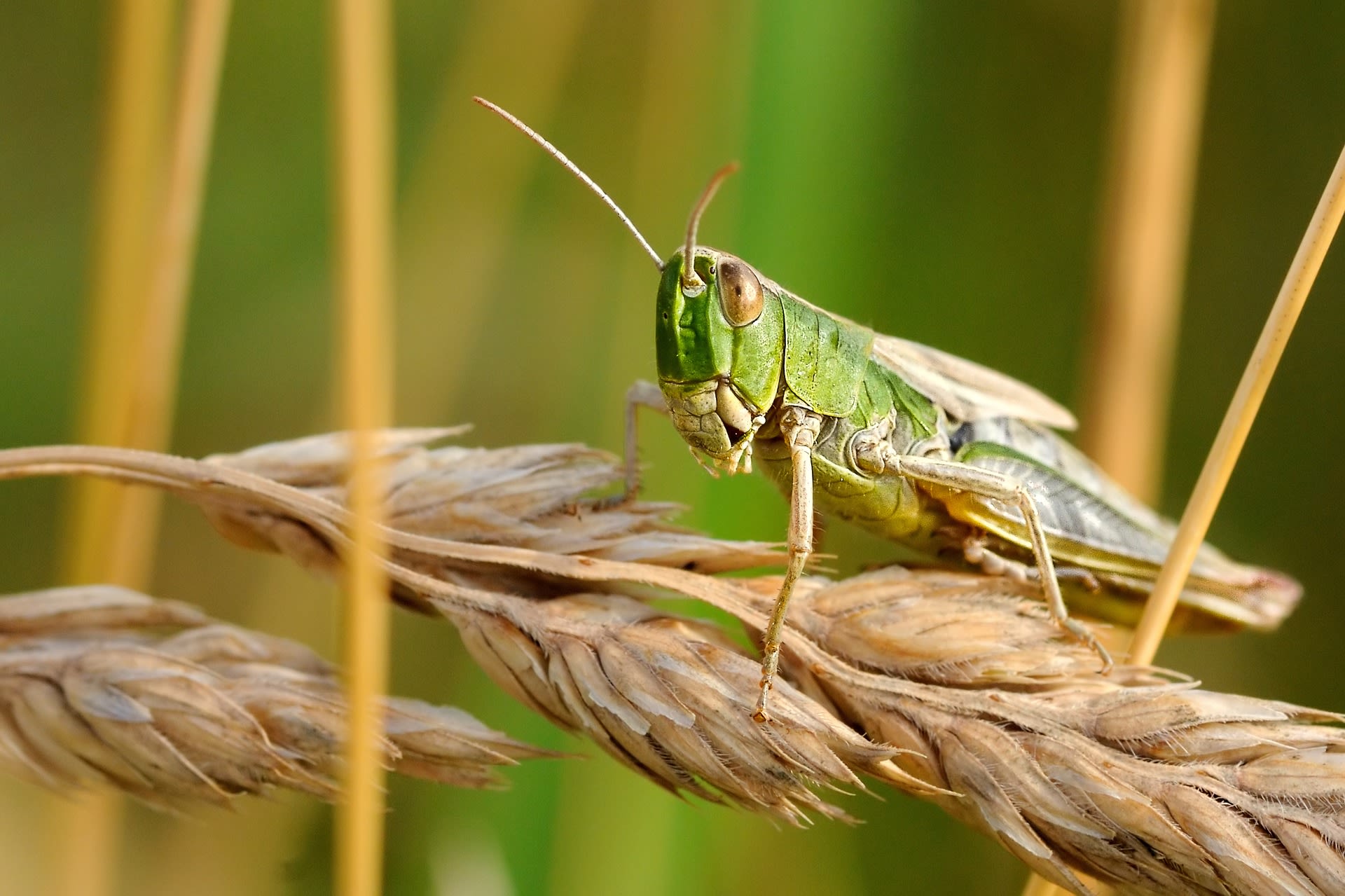
The rights of invertebrates and how we kill them
Maisie Tomlinson, co-director and co-founder of Crustacean Compassion, a group which advocates for welfare protections for decapod crustaceans like crabs and lobsters, explained how the treatment of crabs got her interested in crustacean wellbeing.
“They were on a polystyrene board completely enclosed by shrink wrap but they were for all intents and purposes alive until whatever happened to them happened…The RSPCA were powerless to do anything as these animals weren’t protected by the Animal Welfare Act.”
Presently the only notable protection granted to invertebrates in UK law is found in the Animals (Scientific Procedures) Act 1986 which was amended in 2013 to regulate scientific experimentation on cephalopod molluscs, such as octopuses, squid and cuttlefish, on the basis of their ability to suffer. However this covers a highly specific setting, and in general invertebrates have no rights at all.
Tomlinson explained that “As invertebrates they had no more protection than, you know, a rock or a vegetable or a piece of broccoli or whatever it is. So that means you can do pretty much anything to them.” This includes shrink wrapping them, boiling them alive, freezing them alive and transporting them in the post.
“The justification was, but it was an assumption rather than a tested belief, that there was no reason why these animals should experience pain because they are just so different from us… Crabs and lobsters, they look tough though right? They have this hard casing, it looks like not much can harm them.”
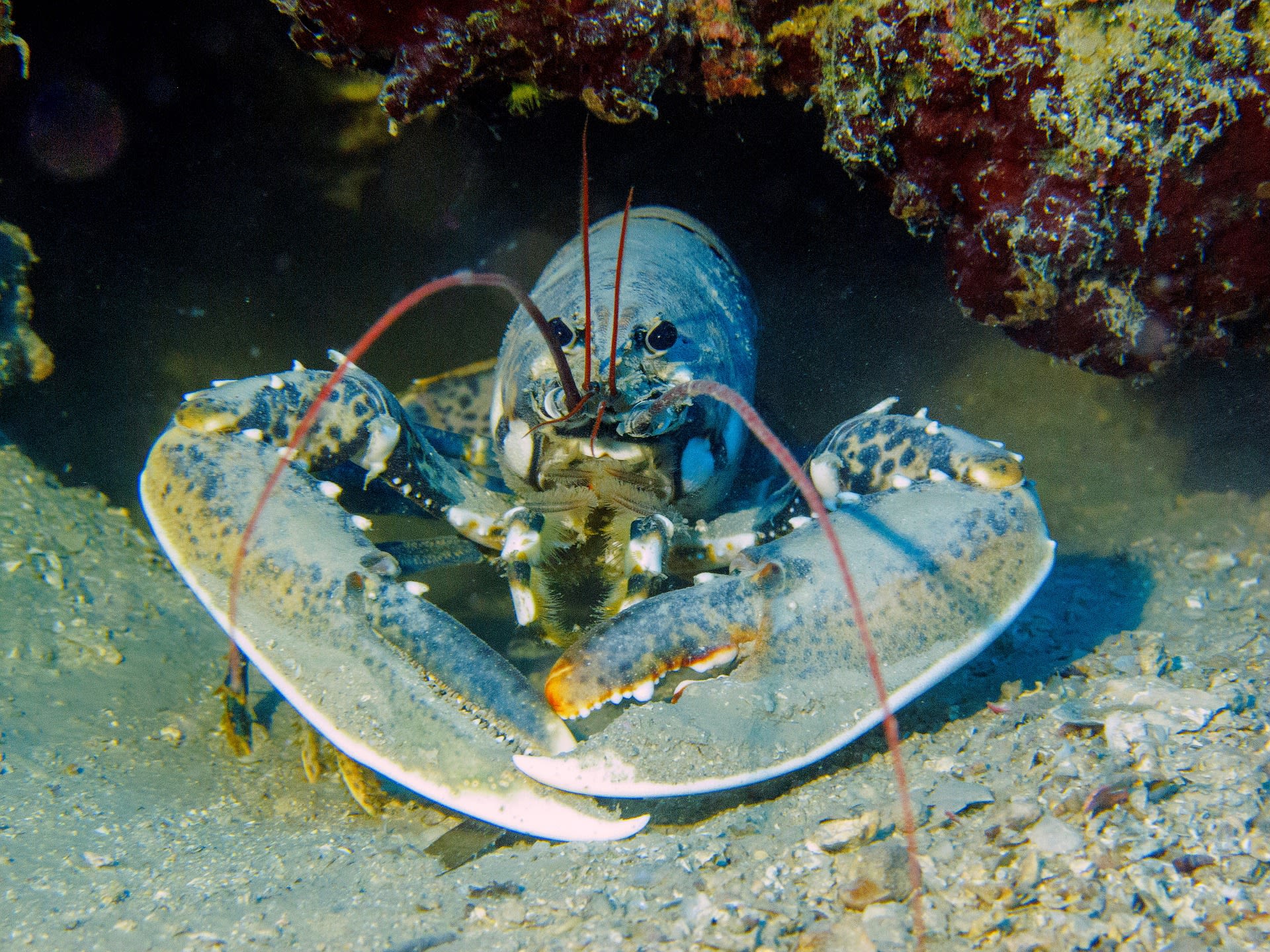
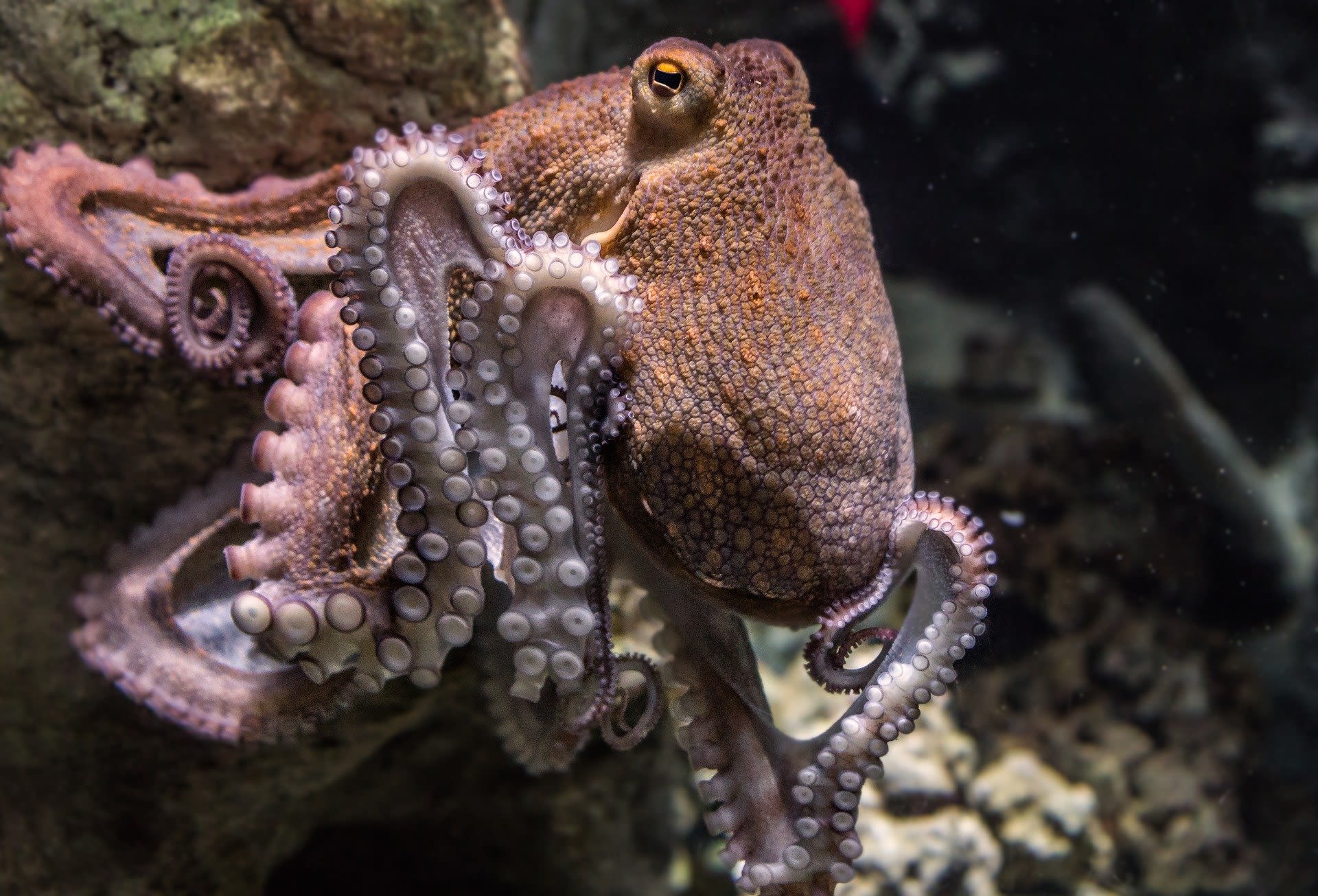
What the science says about their sentience
Crustacean Compassion has an open letter on their website calling for invertebrates to be covered by welfare laws. It has been signed by fifty five animal welfare scientists, public experts and veterinary bodies, including the British Veterinary Association.
This correlates with the general trend in the study of invertebrate sentience, where scientists are uncovering more compelling evidence that many invertebrates possess the ability to suffer pain instead of merely reacting to noxious stimuli out of pure reflex.
For example, crustaceans have been documented rubbing wounded areas in a way that suggests pain, and moderating such behaviours when exposed to painkillers. Cephalopods exhibit a complex range of emotions and behaviours such exploration, problem solving and play, and they possess distinct personalities.
Whether invertebrate sentience will be recognised in law, however, will depend on the outcome of a report commissioned by the Department for Environment, Food and Rural Affairs, due to be released before the Animal Sentience Bill goes to report stage in October.
About the outcomes of this report, Tomlinson feels cautiously optimistic. “We would be very surprised, and a lot of the organisations around us would be very surprised, if that report concluded that decapod crustaceans weren’t sentient.”
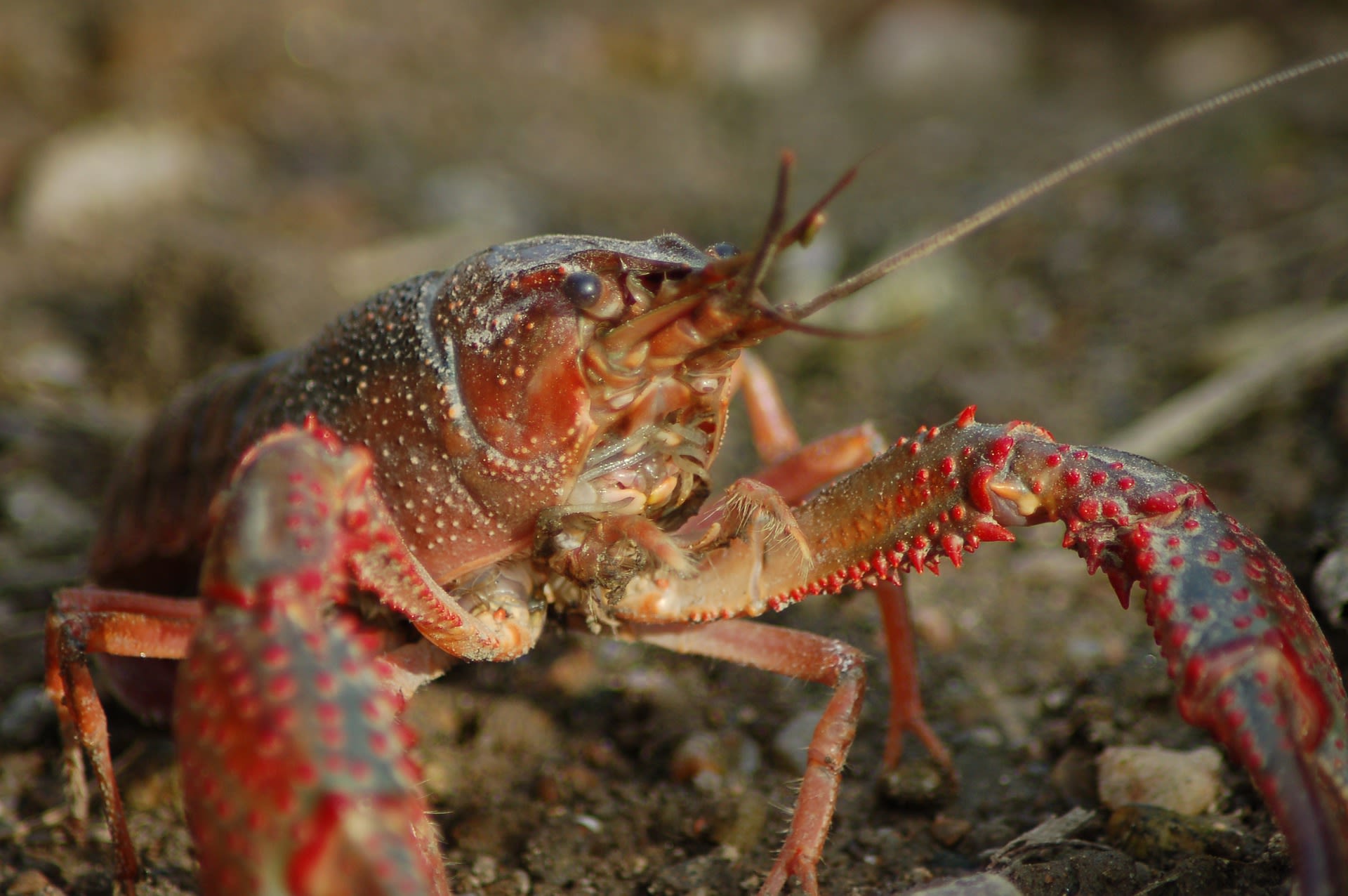
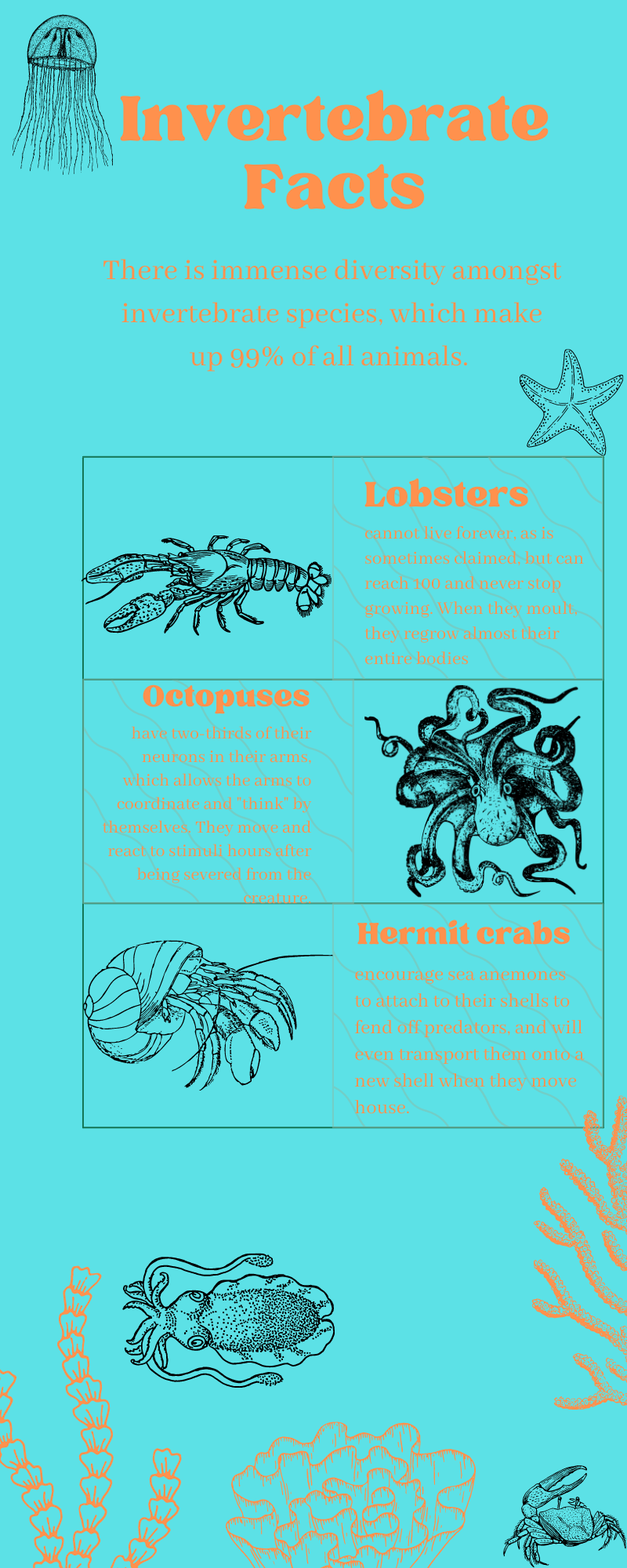
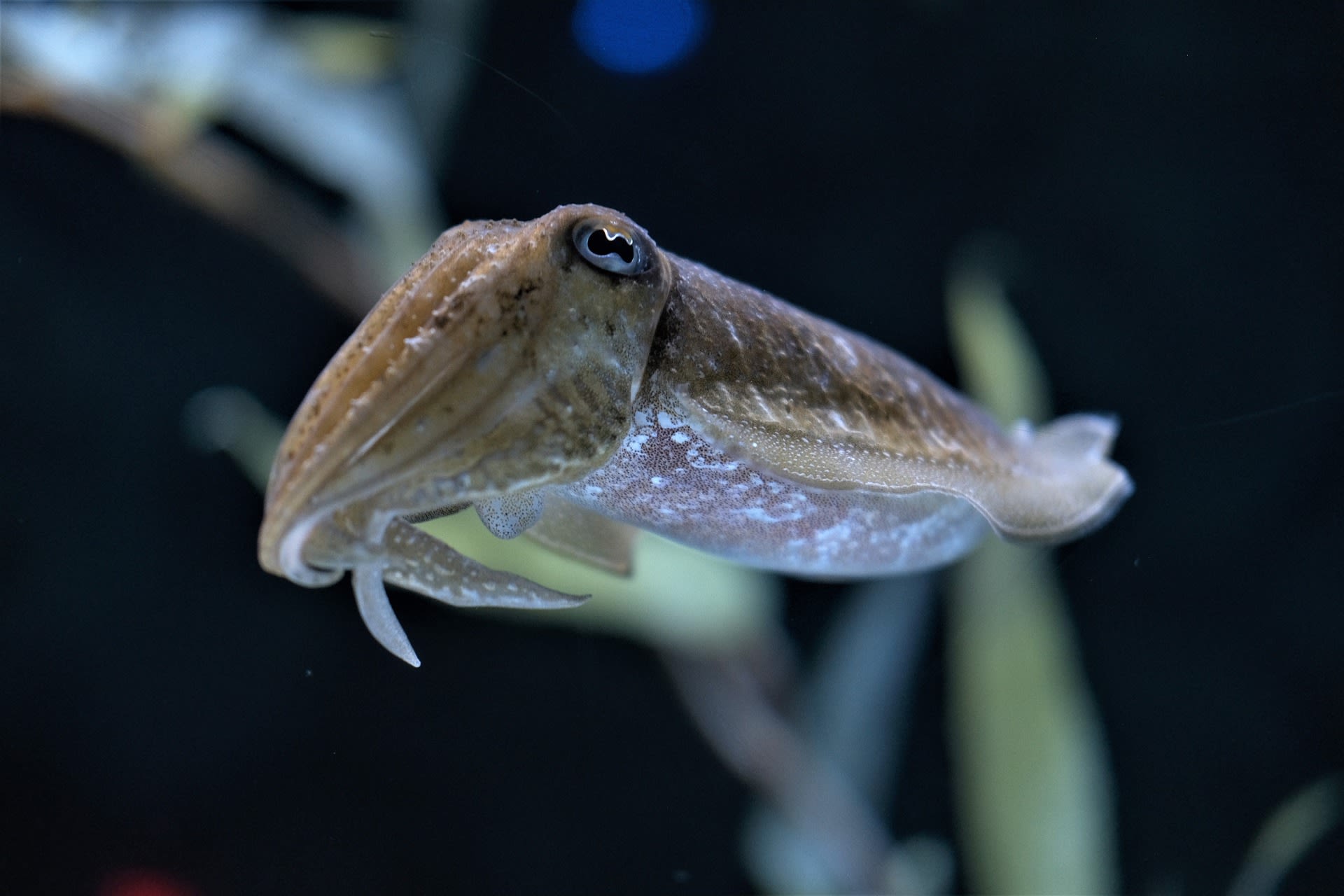
Wider implications
The implications of a legal recognition of invertebrate sentience, and the wider cultural permeation of this idea, are potentially profound. There are few accurate estimates about the number of invertebrates humanity kills each year. One estimate from the Rethink Priorities think-tank put the number of invertebrates killed for global food and feed production alone each year at between 10 and 100 trillion animals.
If the law acknowledges invertebrates can feel pain, the scale at which people kill invertebrates may begin to pose deeper moral questions. Invertebrates are fundamental to the maintenance on life on earth: bee pollination enables the growing of our crops, and crustaceans and cephalopods sustain vital coral reefs. Perhaps acknowledging their sentience could bolster conservation initiatives. Or perhaps, as The Times editorial suggests, the bill represents government overreach and carries the potential to suffocate an array of lawful pastimes.
Tomlinson suggested that public recognition of invertebrate sentience could catalyse change in the way we think about nature, other animals, and the world.
“The assumptions we have held for so long about the mechanistic nature of other creatures are really now starting to be deconstructed and exposed for the prejudices and assumptions that they really are […] It decentres us. We have to stop seeing ourselves, rather arrogantly, as the custodians of the universe. We’re not, we are fundamentally interdependent with everyone and everything.”
Images and video courtesy of Pixabay.
